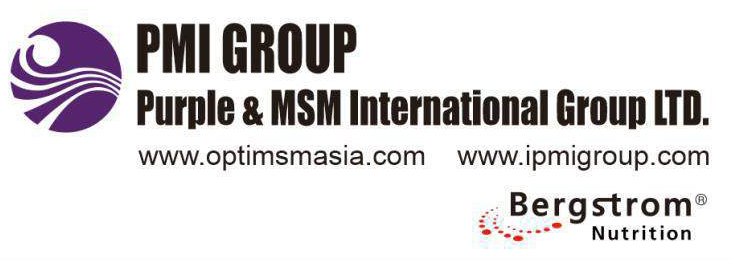
Customers listen to your voice will meet your customers ' expectations.
Everybody will benefit from supplemental MSM, and there is reason to promote its use among healthy people as a form of preventative care. There are, however, certain populations who are more in need MSM than others. These include the elderly, people suffering from musculoskeletal injuries or diseases, people with skin disorders, and people with gastrointestinal or digestive maladies, to name but a few.
MSM is not a free-radical scavenger, but it has been shown to regulate the expression of reactive nitrogen and oxygen species. A study with horses done in 2008 showed that when the animals were prompted to do a jumping exercise, those undergoing MSM supplementation had a decrease in nitrous oxide and carbon monoxide expression and a significant increase in glutathione, an important intracellular antioxidant. Other studies have replicated these results with mice, rats, and human test subjects.
As we’ve stated, MSM has something to offer for everybody. The majority of those who use supplemental MSM, however, are those seeking remedies for chronic pain or illness. A sizable subset of the commercial MSM market, however, is made up of those on the opposite end of the spectrum; society’s healthiest members who incorporate MSM into their nutritional regimens in order to accelerate their workouts and enhance their recoveries. In the veterinary market, MSM is widely used among thoroughbred horse trainers, who employed it to accelerate muscle recovery and reduce injuries in their 4-legged racing champions. In the past two decades, it’s become commonplace to find human MSM supplements alongside or incorporated within a variety of workout supplements in health food and nutrition stores. As with most supplements, it’s important to distinguish effective MSM products from the lesser quality products that are out there (see our section on “The Quality Factor.”) You don’t need to buy a workout-specific MSM supplement if you are an athlete—simply focus on finding a high-quality MSM, and keep in mind that just because the marketing language may speak to the mobility-impaired doesn’t mean that the supplement is less appropriate for athletes. Some athletes choose quality MSM supplements that also incorporate glucosamine, chondroitin, or both, but avoid choosing an all-in-one muscle milk or energy mix, as it’s unlikely that you will get a quality ingredient in these products.
Recent peer-reviewed scientific studies have identified seven benefits for athletes, both human and animal, who take MSM.
• Helps combat exercise-induced inflammation.
• Decreases muscle damage and soreness.
• Promotes connective tissue (cartilage) repair and regeneration.
• Prevents cartilage breakdown.
• Supports healthy joints and range of motion.
• Reduces oxidative stress following exercise
• Increases overall antioxidant defense.
Whose Active Lifestyles Will Benefit From MSM?
You don’t need to be a triathlete to benefit from a workout-geared nutritional plan that includes MSM. Many people of all ages who lead active lifestyles use MSM to help with muscle recovery and to decrease soreness. Regardless of whether or not you consider yourself an athlete, if you engage in any activity at least once a week that leaves you feeling sore or physically fatigued afterwards, there is a good chance that you could benefit from an MSM supplement. Included in this group could be anyone from the 30 year old weight lifter to the 85 year old couple who enjoy gentle strolls around the block on sunny afternoons. Studies indicate that both will see a decrease in any regularly experienced muscle soreness and enhanced post-exercise muscle recovery while using MSM. They will also each gain from the long term benefits of cartilage protection and regeneration offered by MSM. This means that musculoskeletal diseases often linked to a lifetime of heavy joint use, such as osteoarthritis, can to some degree be prevented by long term MSM use.